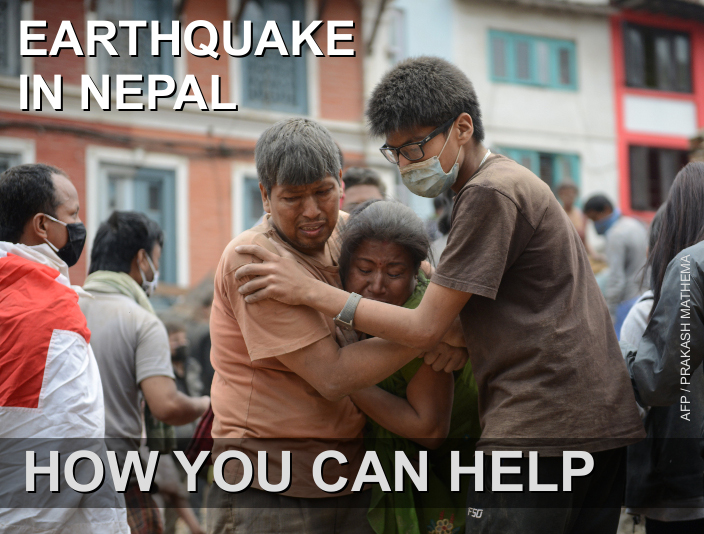Speeches Shim
The project coordinates long-term earthquake risk reduction planning with the Government of Nepal, schools, and communities to increase earthquake awareness and preparedness.
The project aims to reduce the number of deaths and injuries and the negative socio-economic impact caused by disasters by building the response capacity of the Nepal Red Cross Society (NRCS) and communities in Nepal.
The Health Communication Capacity Collaborative (HC3) project aims to strengthen the institutional and technical capacity of the National Health Education Information Communication Centre, Ministry of Health and Population to design, implement and evaluate Social Behavior Change and Communication (SBCC) programs for family planning.
Nepal is a severely food deficit country struggling to recover from a decade-long civil war. With an estimated GDP per capita of $524 (FY 2010), Nepal remains one of the poorest countries in South Asia, with about 25 percent of Nepalis living below the international poverty line of $1.25/day. According to the Nepal Demographic Health Survey, the rate of stunting among under-five children is 41 percent, wasting is 11 percent and underweight is 29 percent, reflecting widespread chronic malnutrition.
USAID’s Health for Life Logistics project will strengthen Nepal’s existing health logistics management systems to ensure sustained availability of essential and auxiliary health commodities in facilities across Nepal.




Comment
Make a general inquiry or suggest an improvement.